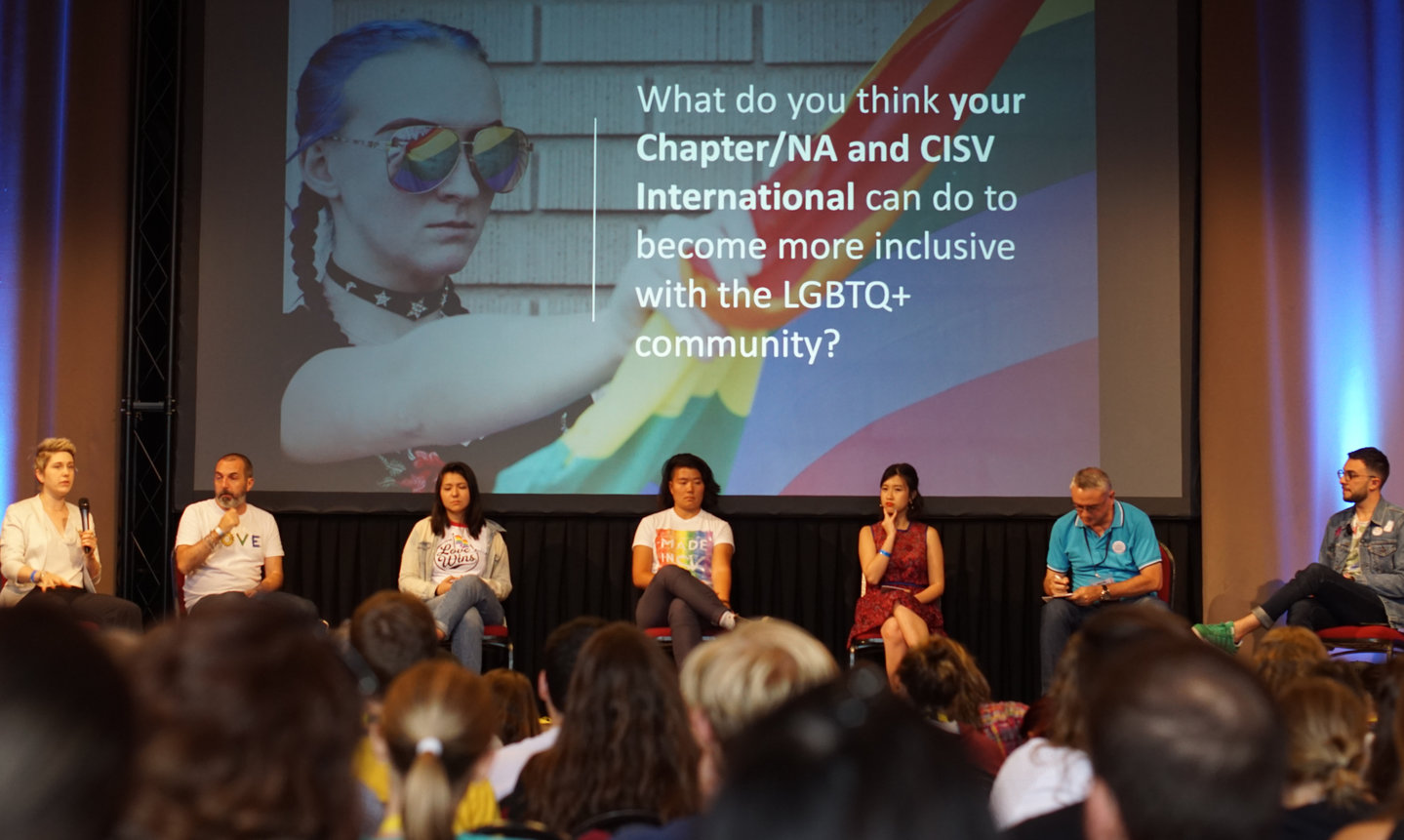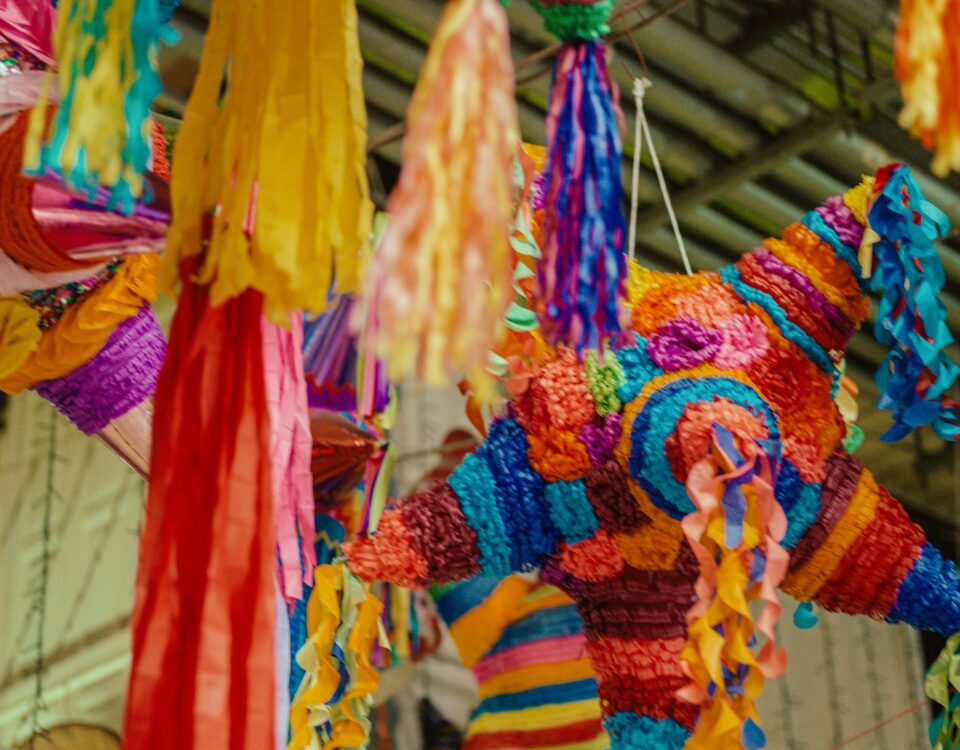Leaders and staff in programmes need to act as diversity advocates. They should encourage participants, and all involved in the programme, to understand what diversity is and to become active global citizens by applying what they learn and experience.
As we mentioned several times in our previous posts, it is hard to have a precise definition of what diversity is. Thus, we can believe every leader and staff participating in a CISV programme has a personal opinion about what diversity is according to them. They will also have experienced diversity in different ways in their programmes.
That is why we think it is interesting to discuss the topic of diversity in programmes with former leaders and staff, to hear their opinions and insights as a tool for discussion. We strongly encourage you to share your own perspective, as a member of CISV in any way – as a blog comment or on social media.
We started our discussion with leaders and staff with suggested topics that you can find here :
- What about CISV do you think is most related to diversity ? (for example: The number of countries? The diversity in people? The activities?)
- What was your most intense experience of diversity in a programme ?
- Do you think diversity also comes with disadvantages ?
- Do you think there is one perfect model to be a leader ?
- After being a leader in a CISV programmes, what is your own definition of diversity?
Here is a compilation of a few insights we got from our leaders and staffs:
The undeniable impact of national culturesAlmost every leader or staff we spoke with mentioned the obvious impact of having different nationalities at a programme. This is why CISV is considered diverse in the first place; without having to step in the organization, CISV defines itself as a organization which gathers more than 70 nationalities for educational experiences. That level of diversity in a Village for example, bringing 12 countries or more to live together throughout the programme, is inherent to CISV and its goals. Our testimonies Leaders have mentioned that they felt less diversity in their experience when having more countries from their region or continent. They felt like it was easier to agree on decisions and that there were common opinions and reactions, for example at National or regional workshops. However, they also mentioned they were sometimes surprised by the challenges they encountered with culturally similar countries (for example France and Belgium).
Learning from challengesAccording to our leaders, diversity definitely comes with challenges. Some mention difficulties in living together with different cultures in simple moments such as shower time, while others mention how hard it is for a group of adult leaders to manage their decision making, especially in critical moments or tough situations. As for example, when leaders get to decide on an activity or a change in the schedule, their different culture will interfere and will result in a longer process to decide, while having everyone’s opinion respected and heard.
However, most of them mentioned that the challenges related to diversity is what attracts them to become leaders or staff. Diversity brings a sense of challenge and teaches valuable life skills about how to communicate and get along effectively with others., Sharing this with participants and challenging them to adopt new habits, is also a core motivation for being a leader or a staff in a programme. Leaders we spoke to also mentioned that they would feel frustrated and angry sometimes, especially in the decision making process, but that it is a also the role of a leader to be able to cope with difficulties. Finally, every single person mentioned the importance of having different types of leaders, and that there was no set model for being a good leader.
Improving diversity in our participationSeveral leaders and staff mentioned, despite all the diversity they describe in their experiences, that they thought CISV participants were not very diverse, other than their country of origin. Two of them especially acknowledged that participants would come from similar background or social environment, and that would limit the diversity in their opinion and points of view. One of our leaders also mentioned that some aspects of CISV would financially limit people from participating. For example, some of our meetings are held in “luxurious” places and are costly: fewer people can attend and nobody then benefits from the diversity that could occur.
 We will finish with a beautiful quote from our friend Jaime : “I believe that by taking a step back and looking at the bigger picture, you might then come to realise that diversity is how all of our similarities and differences form equally-important and endlessly-interesting threads within the web that binds us all as human beings.”
We will finish with a beautiful quote from our friend Jaime : “I believe that by taking a step back and looking at the bigger picture, you might then come to realise that diversity is how all of our similarities and differences form equally-important and endlessly-interesting threads within the web that binds us all as human beings.”
We want to thank Tone, Augustin, Jaime, Théo, Nadine, Lily, Maria, Agus and Juliette for their insights.
Don’t hesitate to share your comments, experience and opinion about diversity in programmes with us!
The Diversity Campaign Team
diversity@cisv.org






